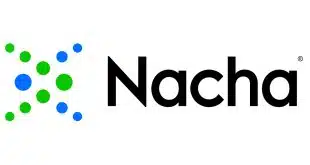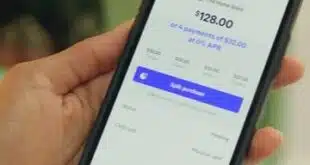A small technology company that has made a name for itself with its aggressive and successful litigation defending a pair of patents covering check imaging was dealt a setback late last week when the United States Patent and Trademark Office rejected all of the claims set out in those patents. While defendants in pending infringement lawsuits DataTreasury Corp. has brought over the past four years were jubilant, a spokesman for the law firm representing the Plano, Texas, company characterizes the so-called office action by the USPTO as a routine matter in patent cases. “It's a minor deal,” he says. “This is something we saw coming.” DataTreasury now has 60 days to file a response, which the spokesman says the company will do. In a statement released Friday, one of those defendants, SVPCO, which runs the largest image-exchange network in the country, said: “We're pleased with the ruling from the patent office. Although it is not final, the decision is consistent with our position that earlier patents and other publications describing the use of image technology would invalidate the DataTreasury patents.” But the DataTreasury spokesman says the action is “in no way a rejection of the DataTreasury patents” and will have no impact on the company's litigation against a hit parade of banks and electronic-payments vendors, including First Data Corp., which a year ago requested the patent re-examination that resulted in the office action. Other defendants include Viewpointe Archive Services LLC, Citigroup Inc., and Bank of America Corp., as well as several other banks, processors, and terminal makers. DataTreasury has also filed suits with respect to a separate portfolio of four other electronic-payments patents that are not affected by the USPTO action. Patent examiner Michael O'Neill rejected all 50 claims contained in patent No. 5910988, awarded in June 1999, and all 43 in patent No. 6032137, granted in February 2000, on the grounds that they were anticipated by prior technology. Both patents concern a system or method for the imaging, centralized processing, and electronic storage of documents, a key element in the image exchange systems that have come into being since the Check Clearing Act for the 21st Century (Check 21) became law in 2004. Officials with several of the defendants in DataTreasury's cases have long maintained their systems had been designed and built years before DataTreasury won its first patent. DataTreasury's response will be considered by the USPTO examiner, who can then make another preliminary finding or issue a final decision. In the latter case, if the decision is against DataTreasury, the company may appeal to a quasi-judicial panel known as the Board of Patent Appeals and Interferences. From there, it can appeal to the federal courts all the way up to the U.S. Supreme Court. Its patents remain in force throughout its appeals. An aggressive litigator, 8-year-old DataTreasury has wrung a string of settlements from major defendants over the years, perhaps the most significant of which was struck in July 2005 with banking giant JPMorgan Chase & Co., which not only agreed to license DataTreasury's software but also admitted the validity of the company's patents (Digital Transactions News, July 6, 2005). Lawyers for the company have said its technology can extend to automated clearing house and debit and credit card transactions as well as check-image exchange, though they have not been specific about these applications (Digital Transactions News, Jan. 23).
Check Also
Affirm Expands Its Credit Reporting to TransUnion
Buy now, pay later platform Affirm Holdings Inc. early Tuesday announced it will begin credit …





